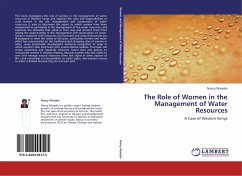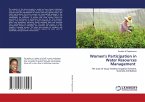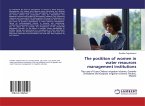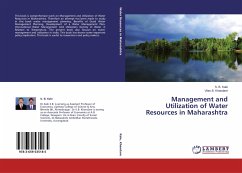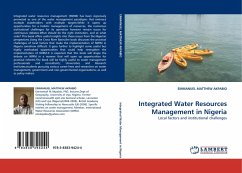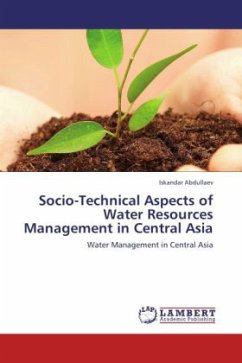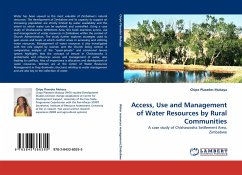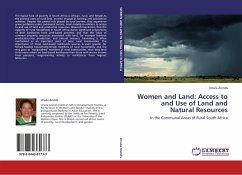This book investigates the role of women in the management of water resources in Western Kenya and explores the roles and responsibilities of rural women in the use, management and conservation of water resources. It aims to determine the extent to which women have been empowered to participate in the management of the water resources, and examines the obstacles that stand in their way and prevent them from seizing the opportunities in the management and conservation of water. Kenya is endowed with resources, but economic and cultural structures are ill-equipped to meet the needs of the poor, particularly women and much effort has concentrated on the traditional and changing roles of women in other areas. Sustainable development demands recognition of ways in which women s lives intertwine with environmental realities. This book will create awareness and hopefully influence future laws and policies to incorporate women in decision-making, because women who lack rights to own and manage natural resources often lack rights in other aspects of life. Land ownership is a precondition to water rights, and women s access to water is limited because they do not own land.
Bitte wählen Sie Ihr Anliegen aus.
Rechnungen
Retourenschein anfordern
Bestellstatus
Storno

